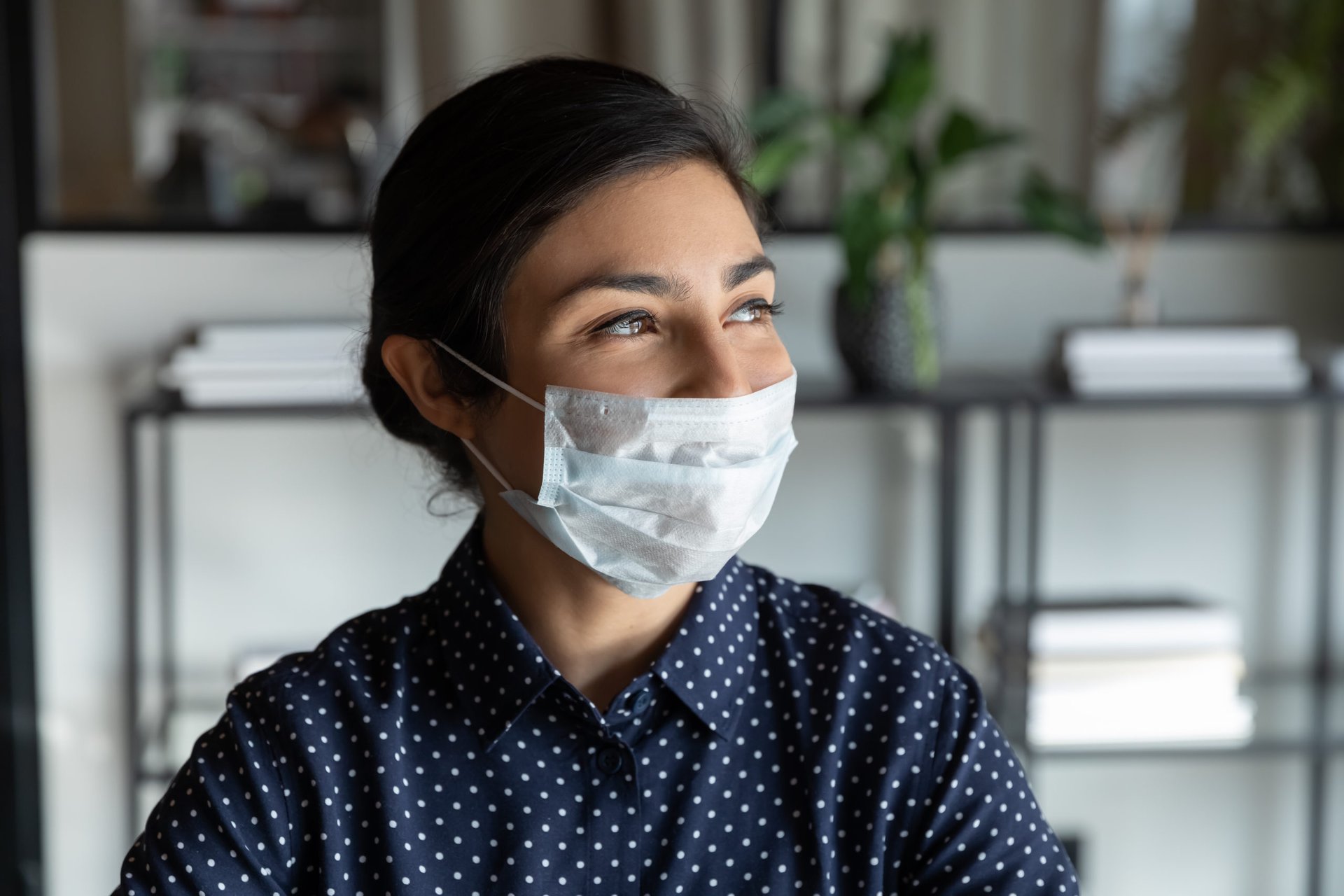
The coronavirus poses an ever-greater danger to younger men and women — particularly those who smoke, according to a new study from researchers at the University of California, San Francisco.
Although COVID-19, the disease caused by the coronavirus, remains more dangerous for older adults, about one-third of younger adults now face serious health risks if they contract the coronavirus, the researchers found.
The researchers looked at data from a nationally representative sample of approximately 8,400 men and women ages 18 to 25 and assigned what they characterize as “medical vulnerability” scores to groups of study participants.
These scores account for factors such as smoking within the previous 30 days. They also account for obesity, heart conditions, diabetes, current asthma, liver conditions, and immune conditions such as lupus, gout and rheumatoid arthritis.
Medical vulnerability overall was 33.3% for young men and 29.7% for young women. But vulnerability was much worse for smokers. In fact, medical vulnerability was just 16.1% for the nonsmokers included in the study compared with 31.5% for all young adults in the study, both smokers and nonsmokers.
In a press release, lead researcher Sally Adams of the UCSF Division of Adolescent and Young Adult Medicine said:
“Recent evidence indicates that smoking is associated with a higher likelihood of COVID-19 progression, including increased illness severity, ICU admission or death. Smoking may have significant effects in young adults, who typically have low rates for most chronic diseases.”
To make matters worse, Adams pointed to research that shows today’s young adults are starting to smoke at higher rates than adolescents, which is a reversal from prior trends.
Significantly fewer young women smoke than young men, the researchers noted. However, women are more likely to have three conditions — asthma, obesity and immune conditions — that make them vulnerable to severe COVID-19 outcomes.
In recent weeks, infection rates appear to be much higher among young adults than they were this spring.
The researchers cited statistics from the U.S. Centers for Disease Control and Prevention for the week ending June 27 showing there were 34.7 hospitalizations per 100,000 people for those ages 18 to 29, and 306.7 hospitalizations per 100,000 people for patients over 65.
By contrast, for the week ending April 18, there were 8.7 hospitalizations per 100,000 people for the 18-to-29 age bracket, compared with 128.3 per 100,000 people for those over 65.
That means the June numbers represent a 299% increase in hospitalizations for young adults versus a 139% increase in hospitalizations for older adults.
Trying to stay safe from the coronavirus? Check out:
- “Where You’re Most Likely to Catch Coronavirus, According to Doctors“
- “Seniors With These 5 Diseases Are Most Often Hospitalized for Coronavirus“





Add a Comment
Our Policy: We welcome relevant and respectful comments in order to foster healthy and informative discussions. All other comments may be removed. Comments with links are automatically held for moderation.